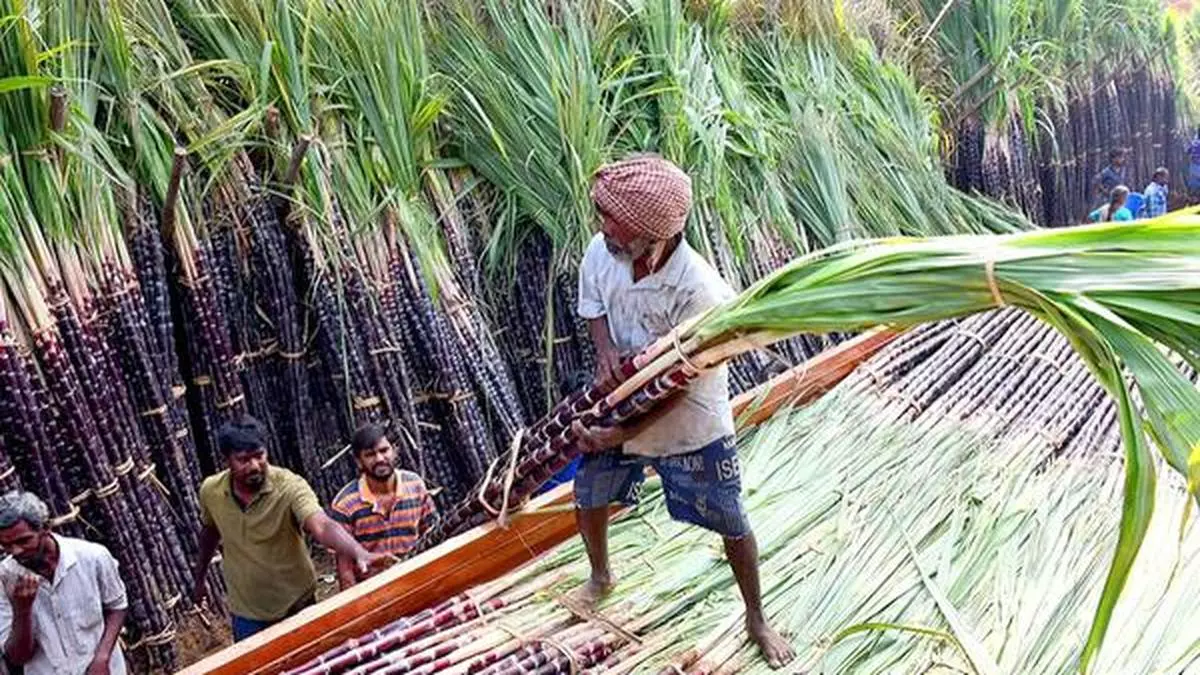Sugar industry ready to help India meet international aviation fuel blending target
A sugar industry body has said its readiness to extend support to the government so that India is able to meet international aviation blending targets, which are set to take effect from 2027 under Carbon Offsetting and Reduction Scheme for International Aviation (CORSIA) mandate.
According to a statement by the Indian Sugar & Bio-Energy Manufacturers Association (ISMA), which has come a day ahead of the annual conference of the All India Sugar Trade Association, Food Minister Pralhad Joshi has been told by the industry body on the need of a plan to transform sugar mills into bio-refineries. Such a transition will help boost production of sustainable aviation fuel and other green energy sources, ISMA said.
Representatives of ISMA met Joshi to discuss a policy framework for the transition to expand beyond current thrust on ethanol, bioelectricity and biogas towards production of sustainable aviation fuel, green hydrogen, E-100 and 2-G ethanol.
Bio refinery plans
ISMA’s Director-General Deepak Ballani said the initiative would help India’s net-zero and self-reliance goals.
“We see a future where local resources drive national development,” he said in the statement. Stressing that such a transition aligns with the government’s vision for a atmanirbhar (self-reliant) Bharat, he said the plan (presented by ISMA) aims to create alternative markets for India’s estimated 55 million sugarcane farmers, building on the success of the current ethanol blending programme in increasing farmer incomes.
As the government already launched 100 per cent ethanol (E-100) through select 400 petrol pumps last year, Joshi has stressed on the need to promote E-100 use, given India’s leadership at the Global Biofuels Alliance.
ISMA has pledged to work closely with the government on the swift implementation of the bio-refinery plan, which is expected to set new benchmarks in the sector and strengthen India’s energy security, the statement said.
